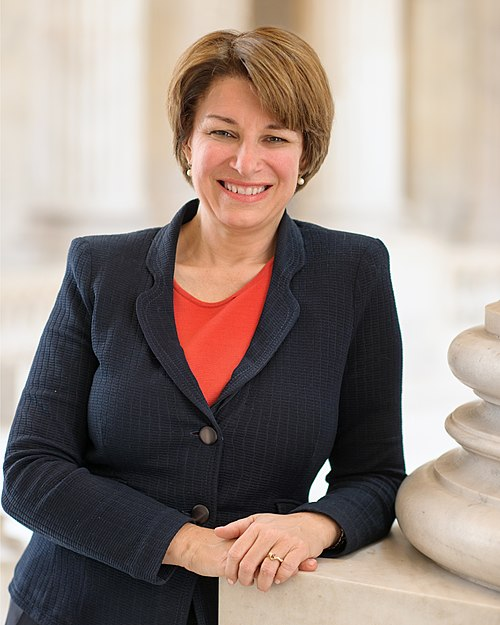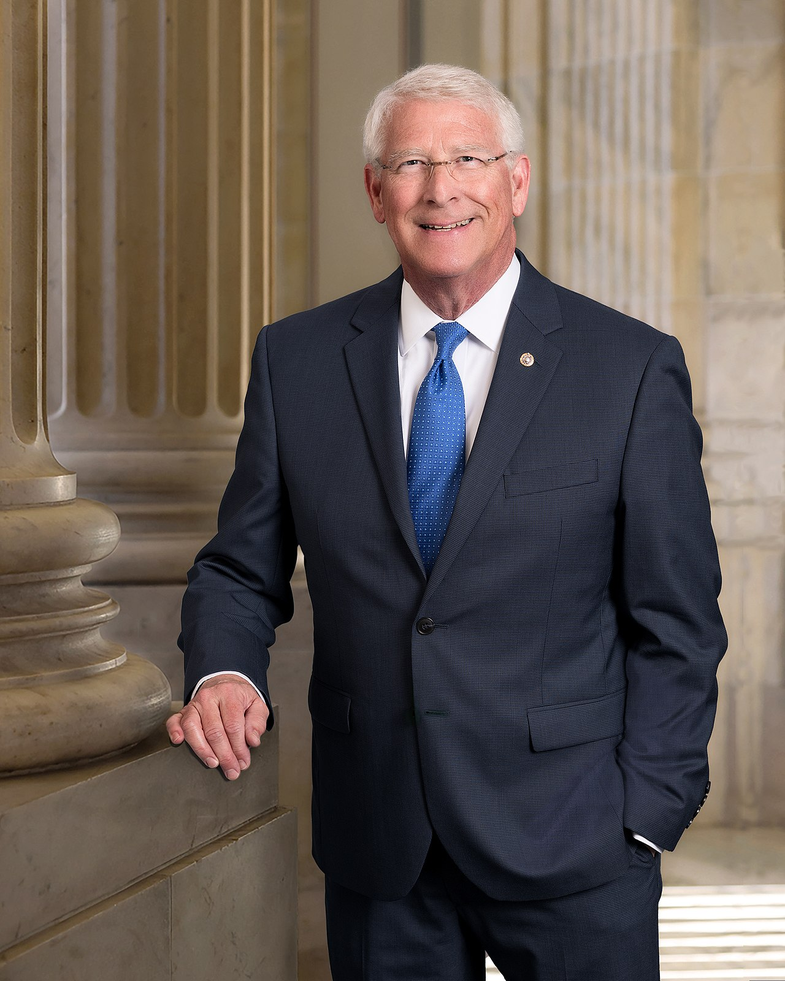S. 2723: Treatment Court, Rehabilitation, and Recovery Act of 2025
This bill, known as the Treatment Court, Rehabilitation, and Recovery Act of 2025, aims to modify existing provisions related to treatment courts under the Omnibus Crime Control and Safe Streets Act of 1968. Here is a summary of what the bill proposes:
Establishment of Treatment Courts
The bill allows the Attorney General to provide grants to various entities, including:
- State and local courts
- Units of local government
- Indian tribal governments
These grants are intended to establish or enhance various types of treatment courts, such as:
- Juvenile drug treatment courts for teenagers with substance use disorders.
- Family treatment courts for parents or guardians facing child abuse or neglect allegations due to substance use disorders.
- Tribal healing to wellness courts for Native Americans addressing substance abuse violations.
- Impaired driving courts for individuals charged with multiple DUI offenses.
- Adult drug treatment courts as an alternative to incarceration for adults with substance use disorders.
Funding and Grant Regulations
Grants may account for up to 75% of the total program costs, with a requirement for a matching contribution unless waived by the Attorney General. The use of in-kind contributions as part of the non-federal share is also permitted.
Importantly, the bill sets provisions to ensure that any economic sanctions imposed in connection with treatment must conform to constitutional standards and should not interfere with the treatment itself.
Eligibility Criteria
The bill outlines specific eligibility criteria for participants in treatment courts, emphasizing:
- Participants must be diagnosed with a substance use disorder or co-occurring mental health disorder.
- They cannot pose a risk of violence.
- They should not have certain criminal convictions, such as sex offenses or murder.
Grant Application Process
Applications for grants must be submitted by designated officials such as the chief executive of a state or local government, and must include detailed plans and compliance with various federal guidelines regarding equal access and non-discrimination.
Monitoring and Reporting Requirements
Grantees are required to submit reports to the Attorney General detailing the effectiveness of their programs. Additionally, the Department of Justice must conduct a multi-site evaluation of treatment courts within three years to assess their outcomes and effectiveness.
Technical Assistance and Training
The Attorney General is authorized to provide technical assistance and training to ensure adherence to best practice standards in treatment court programs.
Funding Authorization
The bill authorizes funding of $100 million annually from fiscal years 2024 to 2028 to support the implementation of these provisions.
Relevant Companies
None found.This is an AI-generated summary of the bill text. There may be mistakes.
Sponsors
2 bill sponsors
Actions
2 actions
| Date | Action |
|---|---|
| Sep. 04, 2025 | Introduced in Senate |
| Sep. 04, 2025 | Read twice and referred to the Committee on the Judiciary. |
Corporate Lobbying
0 companies lobbying
None found.
* Note that there can be significant delays in lobbying disclosures, and our data may be incomplete.
Potentially Relevant Congressional Stock Trades
No relevant congressional stock trades found.

